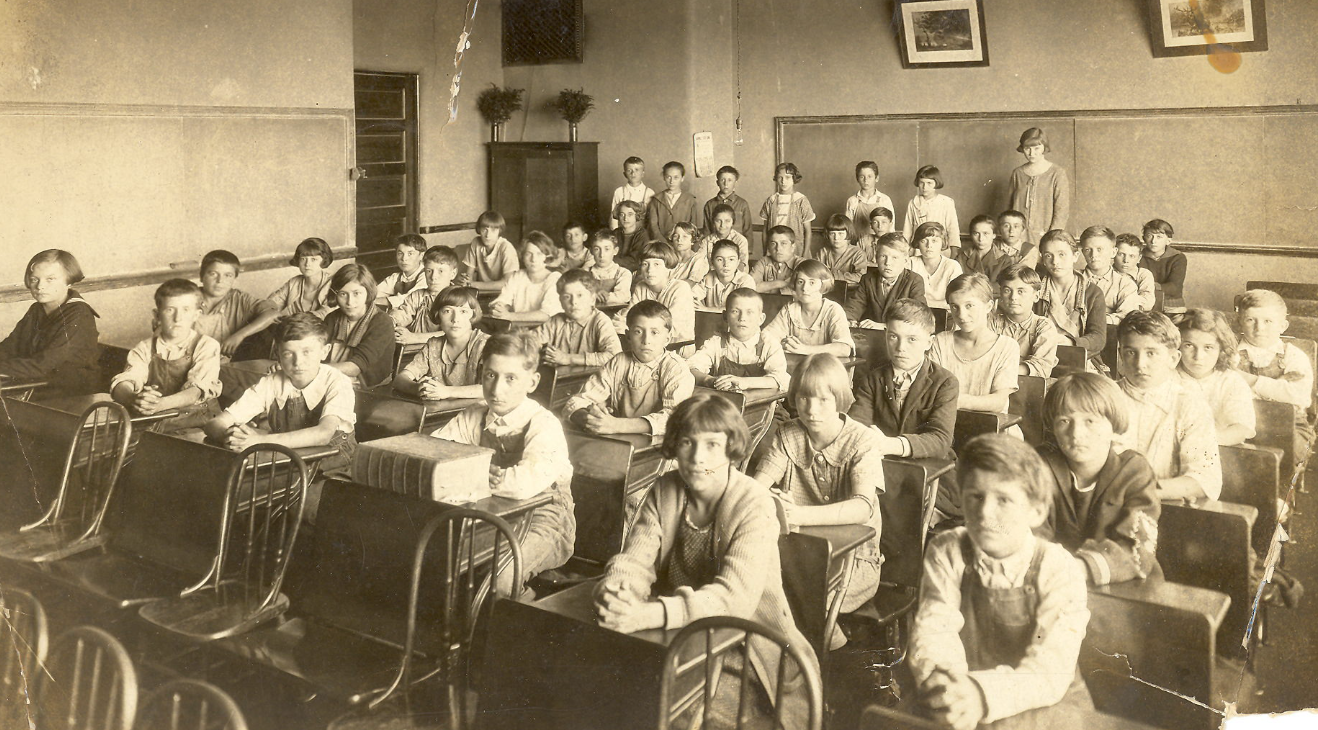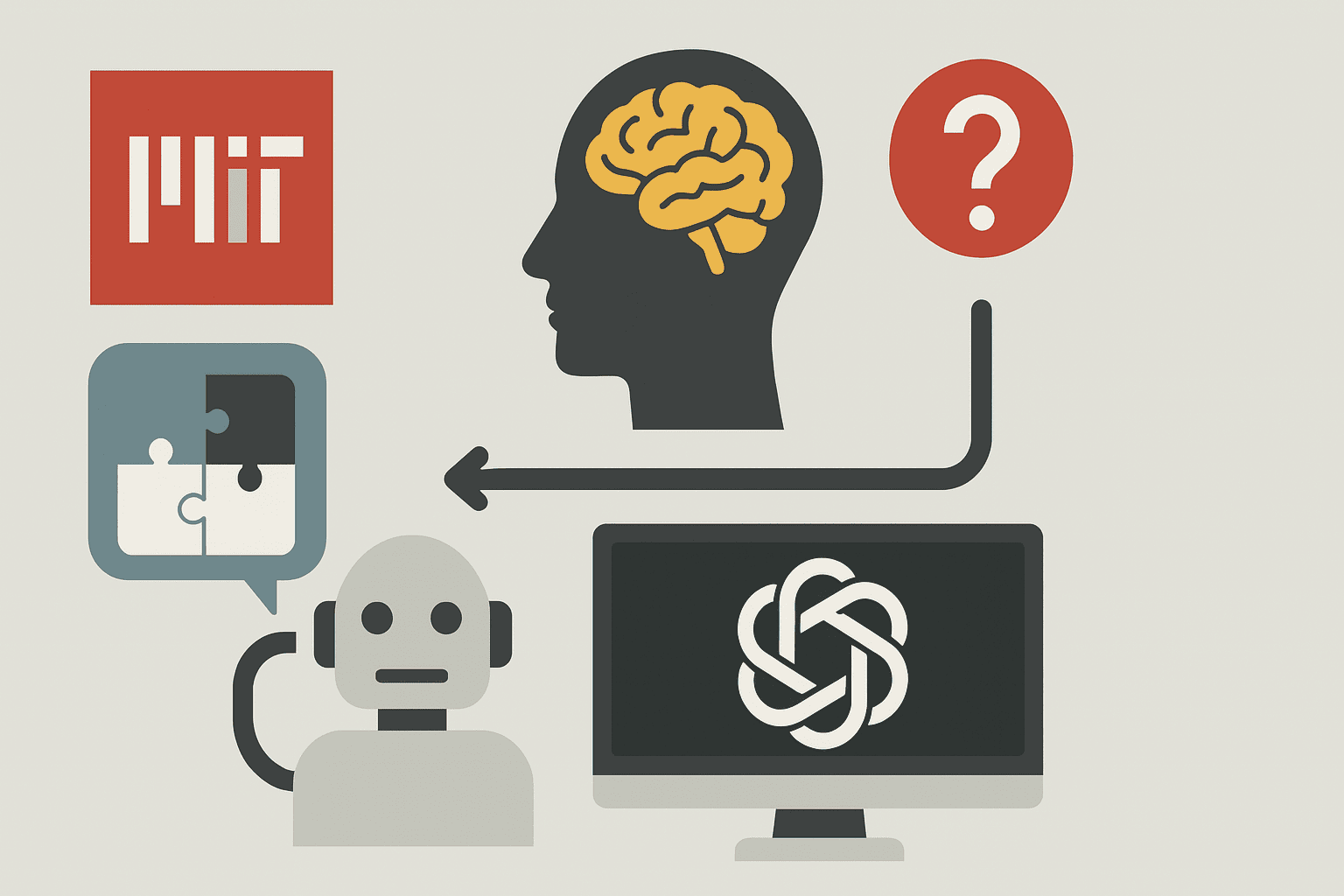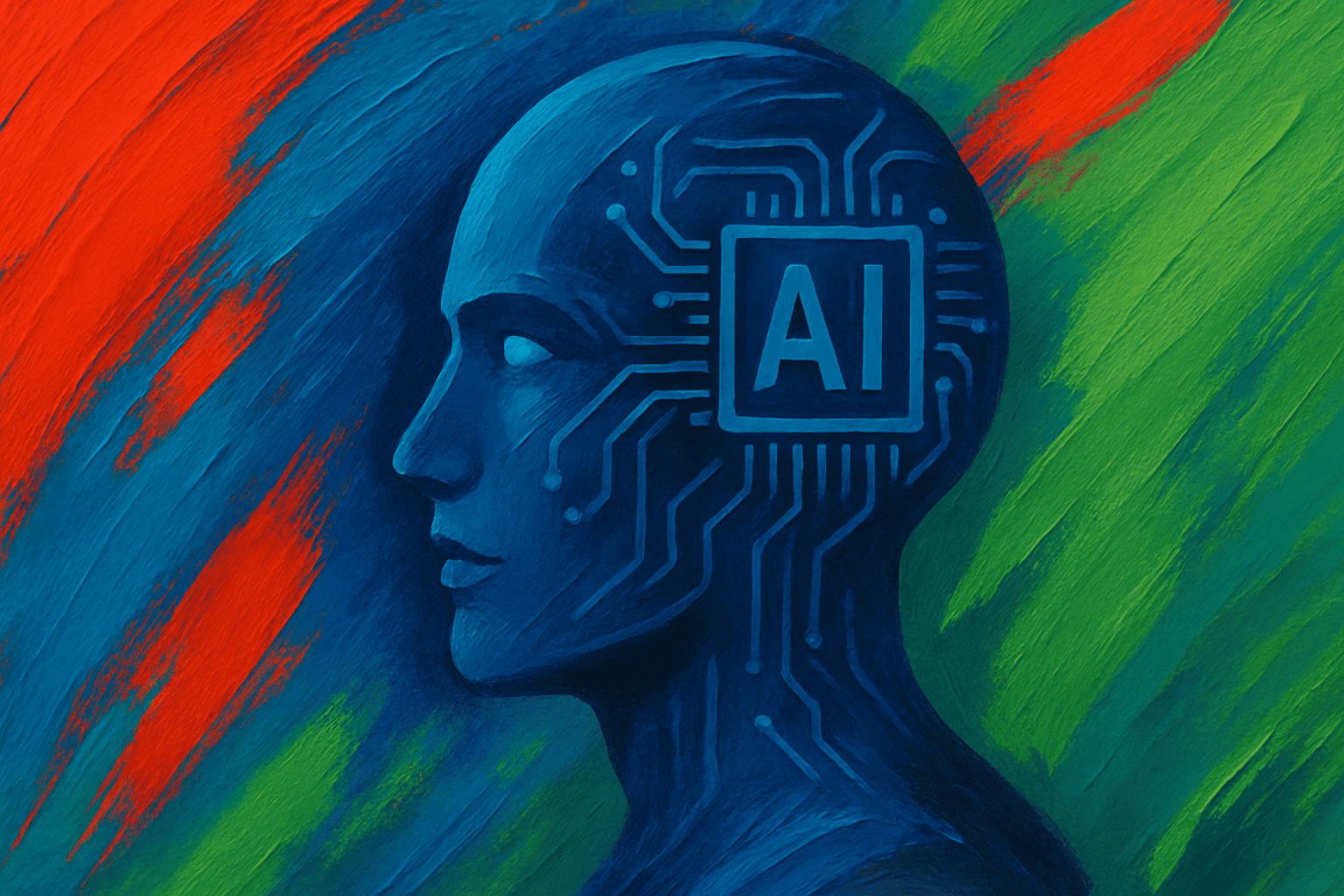In an interesting TEDxUGA talk last month, Dr. Denis Dumas, an Associate Professor of Educational Psychology at the Mary Frances Early College of Education, revealed how artificial intelligence (AI) could transform the educational landscape for highly creative students. These children, often misunderstood and labeled as problematic, may finally receive the support they need thanks to innovative AI-driven solutions.
Dumas, drawing from personal experience and extensive research, explains that highly creative children frequently face challenges in traditional classroom settings. Their inventive behaviors can be misinterpreted as disruptive, leading to punishments that stifle their potential. To address this issue, Dumas and his collaborators have developed an AI-based universal screening system.
This system employs a “specially trained artificial intelligence model” capable of analyzing children’s responses to simple prompts. As Dumas explained: “The AI can read what children write, it can see what they draw, and it’s trained to infer the psychological attributes of the children directly from those responses.”
The AI acts as a “virtual psychologist assistant,” efficiently processing vast amounts of data to identify creative traits in students.
“It’s able to sit with every child at the same time, it never gets tired, and of course, it does not need to be paid,” Dumas noted.
This innovative approach could revolutionize how schools identify and support creative students. Traditional methods rely heavily on teacher nominations, which can overlook struggling creative children. Universal screening powered by AI could ensure that no creative mind goes unnoticed or unsupported.
The AI model’s effectiveness is remarkable.
“It agreed with the humans just as well as the humans agreed with each other,” said Dumas. This level of accuracy, combined with the ability to process data in multiple languages and for diverse populations, makes the system a powerful tool for educators worldwide.
However, implementing such a system requires community support. Dumas urges parents, teachers, and students to advocate for universal screening in their schools. By identifying creative students early and providing appropriate support, we can nurture their unique talents rather than stifling them.
As Dumas poignantly concluded, creative children are like dandelions — resilient and full of potential.
“We need to allow these dandelions some space in our garden,” he argued. With AI-powered universal screening, we can create an educational environment where every creative mind has the opportunity to flourish, transforming not just individual lives but enriching our society as a whole.
Featured image: Credit: Education Daily






